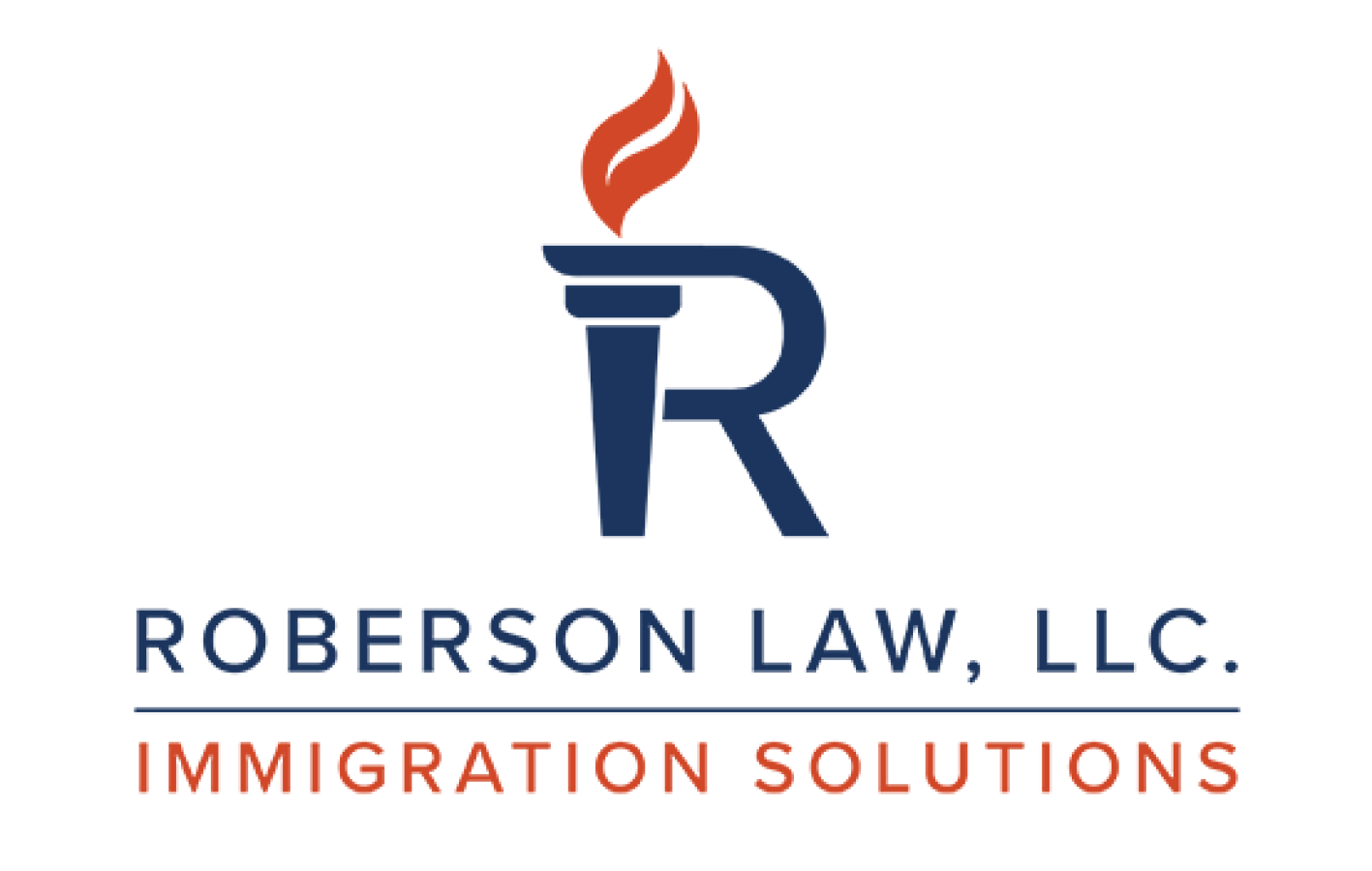The U.S. Senate passed a Bill on Wednesday that, among other things, allows its immigration agency to quickly process more visa categories, including employment authorization documents and certain green cards.
As an emergency stopgap measure, this bill would temporarily forestall the need for furloughs by
immediately increasing USCIS “premium processing” revenues. Premium processing is a special service currently available as an option to entities and individuals seeking employment-based immigration benefits. By paying the optional additional fee (currently set at $1,440), premium processing customers generally can get expedited, 15-day processing on eligible petitions and applications.
The bill would increase USCIS revenues in two ways: for petitions and applications that are already eligible for premium processing, the bill would increase the premium fee from $1,440 to $2,500, excluding the premium fee for H-2B and religious worker (R) petitions, which will be set at $1,500. The Bill will also expand the availability of premium processing to certain new petitions and applications. Any premium revenues collected may only be used by USCIS to improve adjudication and naturalization services, including reducing backlogs.
Before H.R. 8337, USCIS guaranteed processing within 15 calendar days and the cost of premium processing was $1,440 for petitions for temporary visas that use Form I-129. These included E-1, E-2, H-1B, H-2B, H-3, L-1A, L-1B, LZ (blanket L-1), O-1, O-2, P-1, P-2, P-3, Q-1, R-1, TN-1 and TN-2. For immigrant petitions, premium processing was available with certain exceptions, for EB-1, EB-2 and EB-3, according to USCIS.
For immigration benefit types that did not previously have premium processing, the legislation states the fee will be established by regulation.
• For multinational executives and managers under EB-1 and members of professions with advanced degrees or exceptional ability seeking a National Interest Waiver under EB-2, “the fee is set at an amount not greater than $2,500 and the required processing timeframe is not greater than 45 days.”
• For an individual changing status to the F, J or M categories, “the fee is set at an amount not greater than $1,750 and the required processing timeframe is not greater than 30 days.”
• For foreign nationals seeking to change status to be classified as a dependent in E, H, L, O, P or R categories, or to extend such status, “the fee is set at an amount not greater than $1,750 and the required processing timeframe is not greater than 30 days.”
• For applications for employment authorization, “the fee is set at an amount not greater than $1,500 and the required processing timeframe is not greater than 30 days.”
In addition to providing more income for USCIS through a fee increase, H.R. 8337 provides more flexibility on how to use the fees, including infrastructure improvements, and reducing response time and backlog.
Are you or a loved one a skilled worker looking to move to the U.S.? Call us Today for a consultation.
Learn more about Roberson Law, LLC.







